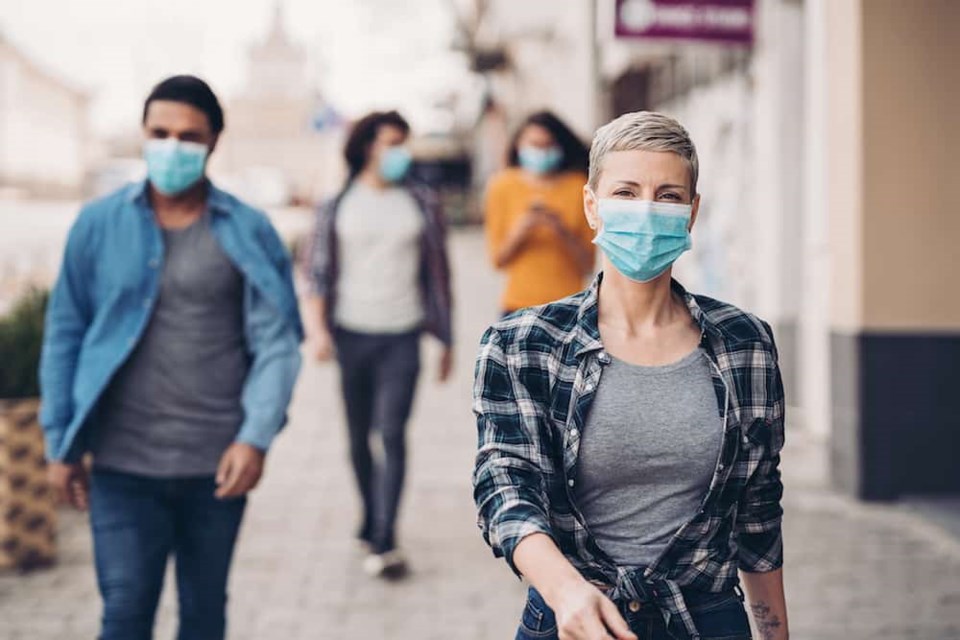If you made New Year's Resolutions for 2020, you had the best excuse for not keeping them up beyond March.
The pandemic – and the continuous upheaval to our healthiest routines – sabotaged our plans, rearranged our goals and restricted the many joys of daily life.
With any other year, I would sit down with my family to review the old calendar. We would be surprised with what has happened in the span of just one year. The media recapitulates the big world events with retrospective spins, but what matters most to you and me are our personal experiences.
This year was different.
We missed celebrating birthdays, anniversaries and other events that would normally bring us together; time spent with family and friends; and dining out.
Before moving on to a New Year, we would ask, “What are we most grateful for?”
In contrast to the disruptions to our lives, the impact on our physical, emotional and social wellbeing and the many lives lost during this national health crisis, I am grateful for the redeeming actions of others.
Many individuals and organizations, recognizing those who have been disproportionately affected by the pandemic, worked collectively to reduce those burdens.
If you have reached out to a neighbour, an elderly family member or families struggling with social isolation and financial burdens, I thank you.
With few exceptions, we have seen a wellspring of kindness to lift each other up. We have worked as individuals and as a community to protect and support the most vulnerable.
I appreciate the kind actions of others; my gracious patients entrusting me with their care and adapting to our new ways of connecting; my healthcare colleagues who support me in our shared calling; the many good people I have worked with to improve the health of our community; my friends, and my family.
We have to recognize what we have endured and survived. Now more than ever, I reflect on these questions. How have we been helped? How have we helped others? What have we learned? How have we grown? The answers are measures of a year and of our lives.
In spite of the shifting sands of 2020, we have learned and grown. The general public now knows more than they could have imagined about infectious disease, physical distancing, the value of wearing masks and hand hygiene.
Most of us learned to use Zoom and other online video platforms for the first time.
We’ve also discovered the impact of acting collectively for the wellbeing of all.
More than ever, we recognize what matters most. Of course, we miss trips, parties, hanging out with friends, and going to school or work in old familiar ways.
More profoundly, we missed our physical and social connections. This really is what life is all about.
Entering each New Year, we reflect on what we will do differently. We cannot predict what 2021 will bring us. We have to accept that which is beyond our control, but given our strengthened recognition of what we value most, where will we devote our time, energy and attention?
What positive actions can we each take to regain a sense of control, wellbeing and connection to the people in our lives? What can we do for others?
The pandemic has reminded us that life, relationships and time are precious.
I’ll be giving a free online talk on The Keys to Positive Change at 7 pm on Tuesday, January 19th, 2021. As part of the Burnaby Division of Family Practice’s Empowering Patients public health education program, I’ll share practical tips for improving your wellbeing and making positive changes that last. These are the secrets that my patients and I have successfully used to transform new habits into healthy routines that stick.
For more information, please check https://divisionsbc.ca/burnaby/for-patients/empowering-patients over the next few weeks or email Leona Cullen at [email protected].
Dr. Davidicus Wong is a family physician. His Healthwise Column appears regularly in this paper. For more on achieving your positive potential in health, read his blog at davidicuswong.wordpress.com.



